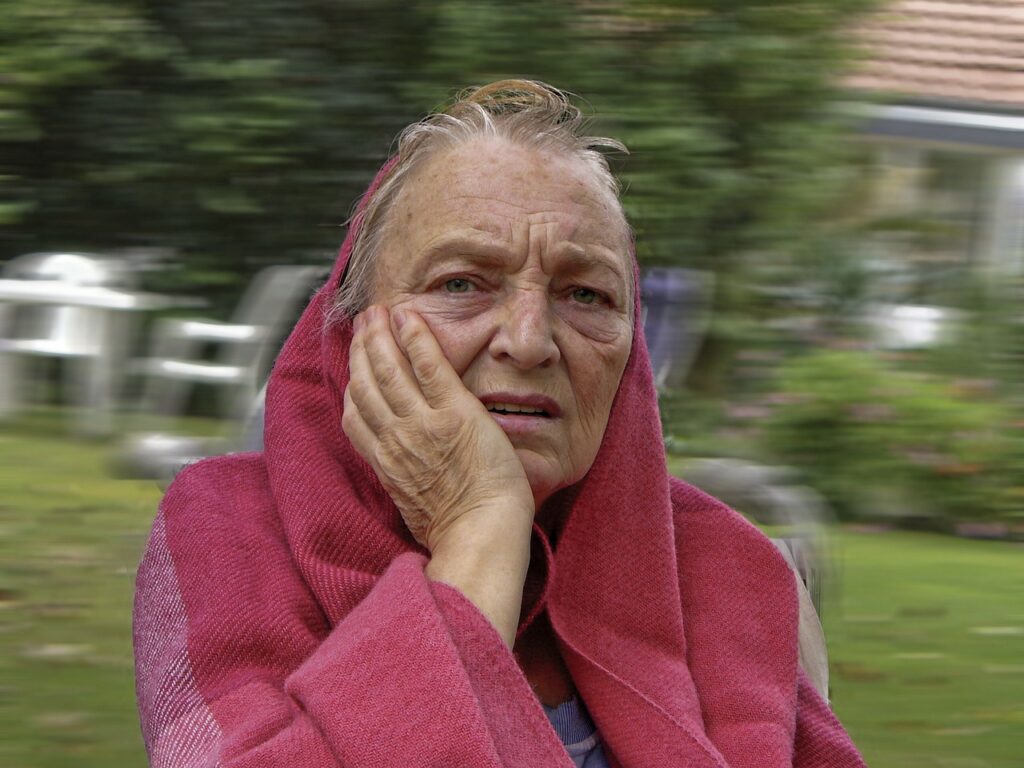Many adults generally have an increased risk of cardiovascular ailments, whether they have hereditary illnesses or not. This means everyone should be more watchful of their blood pressure and cholesterol levels. Otherwise, they could experience a life-changing stroke that will have a severe impact on their lifestyle.
Helping an Older Adult Recover From a Stroke
A stroke occurs when a person’s blood supply is interrupted on its route toward the brain. This prevents brain tissues from getting the oxygen and nutrients they need. Early intervention is necessary to limit damage to the brain. Afterward, a patient who suffered from a stroke needs to go through a lengthy recovery process to regain neurological control. Survivors need all the proper help you can provide to stay proactive in their recovery and avoid another instance of stroke.
If you’re caring for a stroke survivor, here are three things you should know:
1. Urgency Can Save Their Lives
Stroke survivors are alive thanks to immediate action and response from their loved ones and healthcare experts. If you had the foresight to get instant medical attention to treat your senior loved one, there’s a high chance you’re the reason they’re still alive. Unfortunately, stroke survivors are also more prone to getting a second stroke. Since they already have a compromised immune system on the road to recovery, they are vulnerable to further episodes.
Be wary of the early warning signs of an oncoming stroke. These can manifest days or even weeks before an actual stroke. Arm weakness, difficulty speaking, and numbness are some common red flags you should watch out for.
2. Speech and Communication Will be an Obstacle
It’s common for 25% to 40% of stroke survivors to suffer from a temporary loss in language. This form of aphasia can manifest in an inability to express their ideas or forgetfulness when expected to speak. This is a common result of experiencing stroke primarily in the left hemisphere of the brain.
Keep in mind that your loved one hasn’t lost their intelligence after a stroke. It’s much more proper to compare their inability to communicate as an unstretched muscle. They’ll need help flexing their thinking processes regularly to ensure that they can recover their ability to converse and understand others. Using simple phrases, images, and symbols can speed up their recovery process.
3. Motivation is the Key to Recovery
The brain will develop new changes and habits after a stroke due to cortical plasticity. This is why it’s necessary to help your senior loved one engage in physical repetition to repair the wiring of their brain. Doing so ensures that they will recover motor functions more quickly and have a higher chance of gaining full control of their overall body functions.
Rebuilding functions back in arms, legs, hands, and feet need to be worked with a healthcare expert. They can help your senior loved one to work toward their body’s recovery. Although a stroke survivor’s challenges are their own, you can motivate them to be more proactive to be stronger and healthier than before.
Conclusion
Surviving a stroke is a miracle on its own, but that doesn’t mean that the recovery process afterward is a walk in the park. After a brush with death, you need to ensure that your senior loved ones have the proper care and attention they need. If you can attend to them at home, you can opt for home support from medical experts to attend to your seniors’ needs.
Although suffering a stroke can seem like an impossible obstacle, our home care experts at Bridge Home Health & Hospice can help your older loved ones with their progress toward recovery. With our team of skilled home health professionals, we’ll ensure that your elderly loved one is cared for until they feel that they’re back in their top form. Contact us to learn more about our services!

